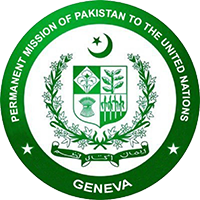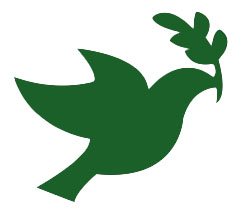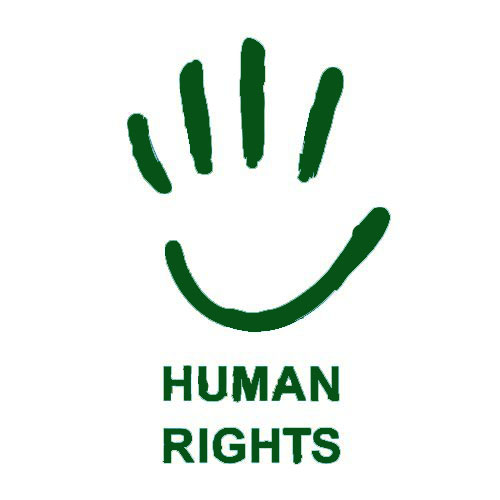I extend my heartfelt felicitations to Pakistanis at home and abroad on ‘Pakistan Day.’ The 23rd March marks a momentous day in our history. It was on this day in 1940 that the Muslims of Sub-Continent passed the historic ‘Pakistan Resolution’ and demanded a separate homeland where they could freely live their own way of life according to the principles of Islam. Through a consistent and dedicated political struggle of our founding fathers, the dream of a separate homeland for Muslims of South Asia became a reality and Pakistan appeared on the map of the world on 14th August 1947.
Our forefathers made untiring efforts and rendered exemplary sacrifices for Pakistan. Millions of Muslims left their homes in India and decided to migrate to Pakistan. The new State faced unprecedented challenges including creating a social and economic foundation, settlement of refugees, creation of State institutions, and meagre resources. However, under the inspiring leadership of Quaid-e-Azam Muhammad Ali Jinnah and with the resilience and dedication of the nation, those daunting challenges faced by the nascent State were addressed and a foundation for an independent democratic state was laid down.
In our journey on the path of democracy, the people of Pakistan elected their representatives in the general elections held on 8 February and consequently Governments have been formed at the Federal and Provincial levels. We are completely cognizant of the serious challenges confronting Pakistan currently including inflation, unemployment, circular debt, fiscal and trade deficit, and above all the growing scourge of terrorism. However, as a nation we have proved to be resilient in the face of extraordinary circumstances and stood the test of time. I can assure you that we stand committed to put Pakistan on the path to economic recovery and prosperity with a cogent policy reform framework. I hope that these measures will bring economic stability and the current wave of high inflation will recede, bringing respite for our citizens.
On this day, let us renew our firm resolve to follow the footsteps of our founding fathers to make Pakistan a trivet of peace, progress and stability. Let us not forget that our actions today will define the legacy of our generation and shape the course of history. Let us work for a Pakistan that is not driven apart by differences but is united around shared values.
Pakistan Paindabad!






